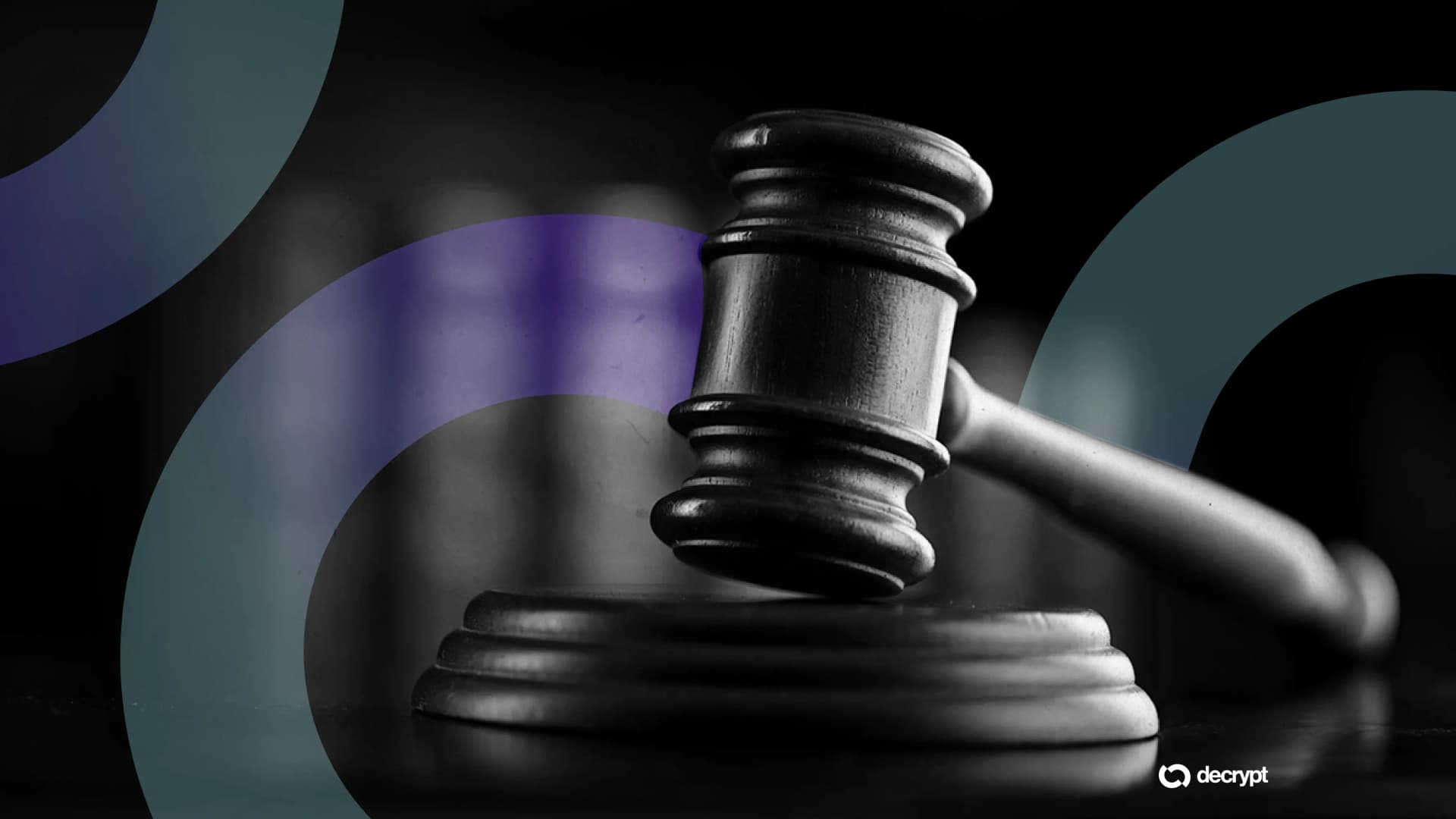SDNY Judge Denies OpenAI Bid To Strike Authors' Book-Download Claim

News Summary
OpenAI has suffered a legal setback in its copyright battle, as a federal judge ruled that authors can pursue claims the company unlawfully downloaded their books. U.S. District Judge Sidney H. Stein denied OpenAI's motion to strike what the company characterized as a new "download claim," finding that prior complaints adequately notified OpenAI of infringement allegations based on downloading and reproducing copyrighted books. The judge granted OpenAI partial relief, striking allegations about GPT-4V, GPT-4.5, GPT-5, and any “derivatives” or “successors,” confining the case to seven models (GPT-3 through GPT-4o Mini). This case is part of a massive multidistrict litigation (MDL) consolidating numerous copyright lawsuits against OpenAI and Microsoft in New York's Southern District. Legal experts note authors may need to show concrete evidence that their books were in the training data, and courts have ordered the production of relevant logs. OpenAI may argue downloads came from public or licensed sources, contending training on publicly available material is transformative fair use.
Background
This article reports on a recent development in a copyright infringement lawsuit against OpenAI, a leading AI company known for its large language models. The case involves authors alleging that OpenAI unlawfully downloaded and reproduced their copyrighted books to train its AI models. This lawsuit is part of a broader intellectual property dispute within the AI sector, highlighting the ongoing tension between content creators and AI developers regarding data sourcing and the principle of "fair use." Such legal challenges have profound implications for the rapidly evolving AI industry, potentially reshaping how AI models are developed and how content is licensed. This case, alongside similar lawsuits against companies like Meta and Anthropic, collectively defines the boundaries of AI technology's interaction with existing copyright law.
In-Depth AI Insights
What are the strategic implications of this ruling for OpenAI's valuation and long-term business model, particularly regarding its proprietary data advantage? - This ruling signals potentially heightened scrutiny over OpenAI's data acquisition strategies, possibly forcing greater reliance on licensed content and more stringent filtering of public data. This would significantly increase operational costs and could slow the pace of future model training. - Investors should monitor OpenAI's transparency in its future data strategies. The inability to ensure the legality of data sources could negatively impact the commercialization and market acceptance of its products (e.g., GPT series) in the long term, directly impacting its competitive edge as an AI leader and its valuation. - Furthermore, ongoing legal disputes could divert management's focus and potentially harm OpenAI's reputation as a responsible AI developer, affecting its ability to attract top talent and key partnerships. Considering the U.S. government's stance on national security and economic competition in AI, how might U.S. judicial rulings on AI copyright cases influence the global AI landscape? - The Trump administration consistently emphasizes U.S. leadership in critical technologies. If court rulings continue to impose strict limitations on AI companies' data acquisition, it could disadvantage U.S. AI firms in terms of data volume and training efficiency, potentially slowing the pace of U.S. AI innovation. - Strict copyright interpretations might increase AI development costs, prompting some R&D to shift to jurisdictions with more lenient regulations. This could potentially erode the U.S.'s dominant position in global AI competition or lead multinational AI companies to re-evaluate their R&D hub locations. - In the long run, such rulings might prompt the U.S. government to consider more specific and balanced AI copyright legislation to reconcile creator rights with AI innovation, setting a precedent for global AI technology development paths. How might OpenAI and its competitors adapt their technical and business strategies to navigate the tightening copyright regulatory environment and maintain market leadership? - OpenAI and its competitors may accelerate the development of